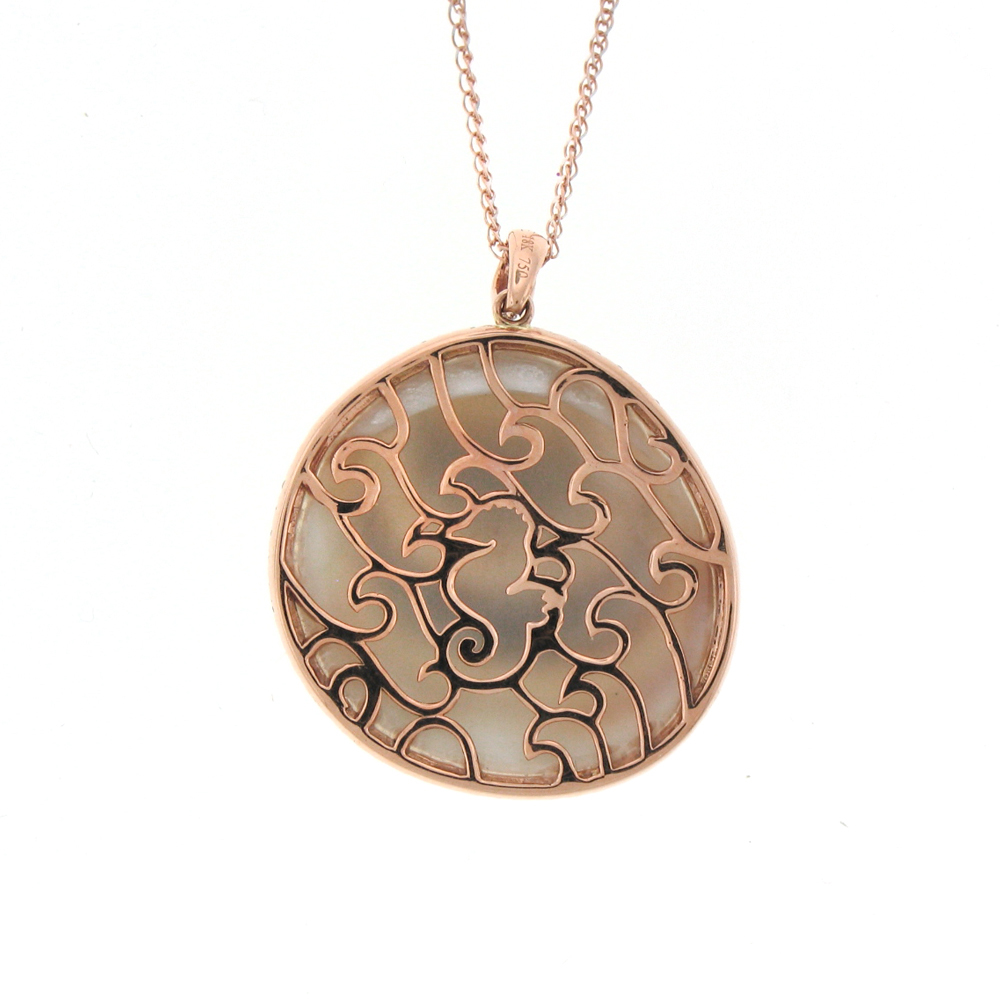
Chronos Greek major gods and goddesses facts Despite the fact that they don’t play a prominent role in the old tales, they form the foundation of the majority of them. Instead, they assist in the creation of more readily understood objects and offer the backdrop for stories that have had a significant influence on the lives of individuals who practiced ancient Greek religions. They’re too huge to be humanized as concepts. The primordial gods are a collection of gods who assist to establish the groundwork for the Greek world to come. These are gods that are even less related to mankind than their Greek counterparts, having little or no contact with people. In Greek mythology, the primordial gods are frequently depicted as either gods with a larger scope than the real gods (such as Gaia) or gods who gave birth to the other gods (Chronos). Though they don’t play a large role in the ancient tales, they nonetheless are what most of these stories are built upon. Instead, they help to give birth to the things that are more easily understood and provide the background for stories that have a great impact on the lives of those who followed the ancient Greek religions. As concepts, they’re too big to make humans.

The primordial gods are a group of gods that help to lay the foundation for what will come next in the Greek world. These are the gods that are even less connected to humanity than their Greek counterparts, usually having no interaction with humans at all. When you see the primordial gods in Greek tales, they usually exist as either the gods that are somehow greater in scope than the actual gods (like Gaia) or as the gods that gave birth to the other gods (Chronos). Tartarus, a primeval god who would eventually become known as a monstrous prison, is arguably the most significant of them.

While these are the most well-known mythological gods, there are others who are frequently thrown in with the primordial gods. Uranus (Sky) and Pontus, Gaia’s primal children, would be born shortly (Sea). They would give birth to Aether (Light) and Hemera as a result (Day). The Nyx (Night) and Erebus, two children of Chaos, would be born (Darkness). Soon later, he was joined by Gaia, who was both the Earth and represented it. These gods continue to appear in stories throughout Greek mythology, mainly as locations or concepts rather than actual persons.Ĭhaos (or Kaos), the deity of the abyss, was the first god to emerge in Greek mythology.

These ancient gods are virtually conceptual in character, representing considerably larger realms than those that would follow. There is a set of gods who arrived before all others in the history of Greek gods. Play Again! Uranus Greek Gods & Goddesses Primordial


 0 kommentar(er)
0 kommentar(er)
